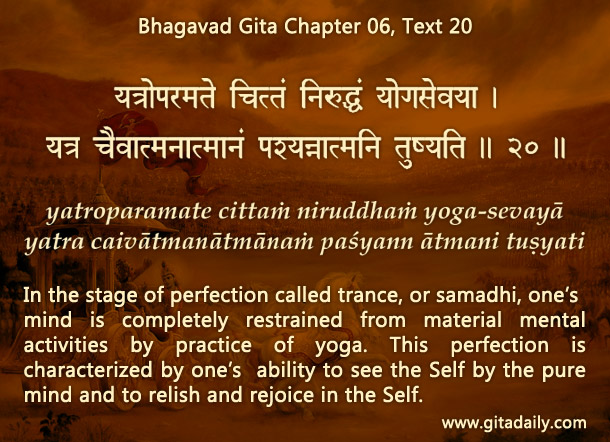“It may be true for you, but it’s not true for me.” This is the reason many people often give for dismissing scriptural revelation of Absolute Truth.
This assertion argues for belief in metaphysical relativism, the doctrine that metaphysically there’s no absolute truth – all truth claims are relative, being products of the varying mental conceptions of different spiritualists from diverse cultural backgrounds.
This assertion “true for you, not for me” seems reasonable, but it is undercut by the same error that undercuts all arguments that champion relativism – they make the rejection of absolute truth an absolute truth.
All arguments that champion relativism make the rejection of absolute truth an absolute truth.
To illustrate this logical fallacy, let’s scrutinize the argument for relativism with the question: “Is the assertion ‘It may be true for you, but not for me’ true for you, but not for me?”
If the answer is no, then the assertion becomes an absolute truth claim. Why? Because there exists something – this assertion – that is true for everyone, thereby demonstrating that “there are no absolute truths” is false.
If the answer is yes, then the assertion itself becomes subjective, thereby no longer remaining an absolute refutation of absolute truths. Thus, the supposition of subjectivity – the assumption that all truth is relative – is sabotaged by the subjectivity of the supposition, the expose´ that arguments espousing relativity are themselves relative.
Why let such self-defeating arguments that absolutize relativity deprive us of the Absolute Truth? Gita wisdom offers us an experiential pathway of purification through yoga to go beyond relativity. The Bhagavad-gita (06.20) declares that sustained yoga practice stills the mind, which is the cause of all subjective material perceptions. Thereafter, yoga practice unleashes the soul’s non-material capacity for perception, enabling us to realize what scripture has revealed: spiritual reality centered on the Supreme Absolute Truth.


Leave A Comment